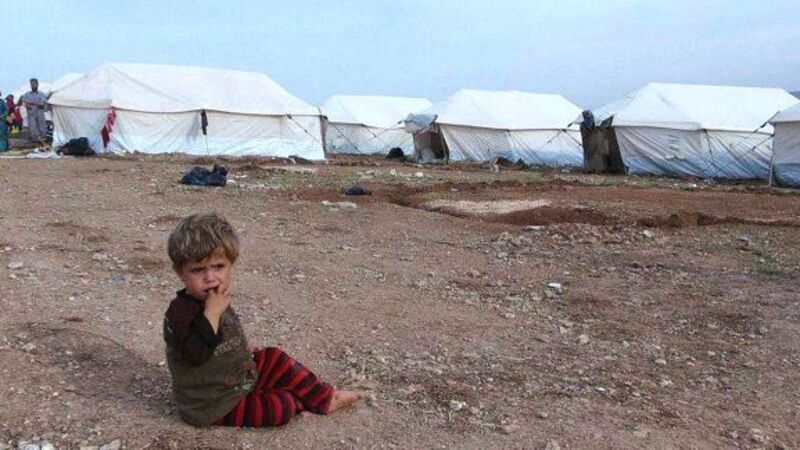More than 50m displaced by unrest

Half are children, many of them caught up in conflicts or persecution that world powers have been unable to prevent or end, UNHCR said in its annual Global Trends report.
“We are really facing a quantum leap, an enormous increase of forced displacement in our world,” UN High Commissioner for Refugees Antonio Guterres told a news briefing.













